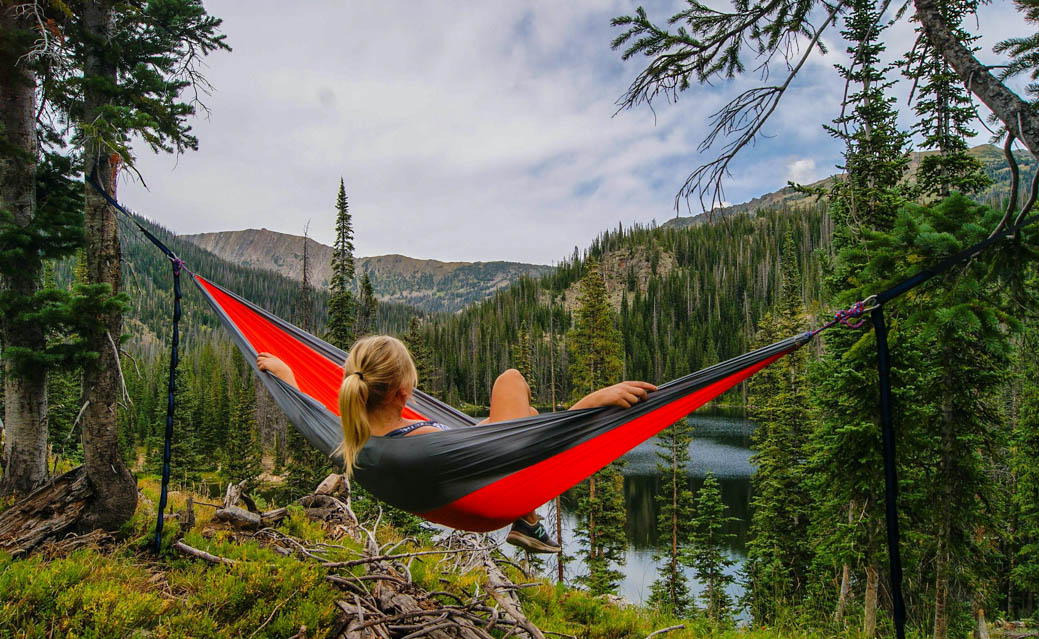Not everything we do needs to be “productive”
Reject the stigma attached to “doing nothing” and embrace the joys of leisure and free time.
“Take breaks.” This is the first piece of advice entrepreneur Jared Atchison gives in a 2021 Forbes article titled, “How To Avoid Burnout And Stay Productive: Four Ways.” And he’s not alone. You don’t have to look far to notice that it’s become a common refrain in popular discourse, especially in self-improvement circles, to extol the virtues of slowing down and taking breaks as a method of boosting long-term productivity. Except, this cultural preoccupation with justifying our downtime as “productive” alludes to a problematic cultural myth that leisure and rest time, like the meritocratic ideal of success, is something that is earned.
Regardless of what societal norms insist, labour is not a prerequisite for rest and leisure. In fact, according to the United Nations Declaration of Human Rights, it’s a human right. Yet, this is not the message that we get from popular discourse. In the era of “hustle culture” there is an expectation that our every waking moment should be spent efficiently. A quick glance at YouTube and you’ll find tens of thousands of videos titled “productive morning routine” demonstrating the stigma we as a culture attach to seemingly unproductive behaviour.
Despite what some insist, free time is not bad for you. In fact, it’s vital to your wellbeing and sense of self. According to a 2021 study, the more time people spent in leisure, the better their wellbeing, as long as that leisure involved an active pastime, like socializing, rather than passively scrolling through social media.
In discussions of human rights, it may seem unimportant to argue that the right to rest and leisure are fundamental to human dignity. Yet, this right is about more than just the right to be lazy, it’s about challenging the underlying cultural belief that human worth derives from a person’s productive capacity. When human beings are reduced to their ability to perform labour, they are denied their full humanity. Indeed, it may not seem like a big deal when the average worker must do overtime at their employer’s request, cutting into their personal time. But eventually, this continuous lack of free time chips away at the core of who we are outside of work. Indeed, a 2018 study confirmed that leisure time was important in enforcing young adults’ sense of self outside of family, work, and school commitments.
However, the unfortunate reality remains that the average worker today has limited free time. Despite a decrease in working hours over the last century, there is evidence to suggest that more people’s commutes have increased in the last twenty years, as well as the amount of time they spend at work. Many employees in the U.K., Canada, and the US reported working longer hours amidst the switch to remote work in 2020.
But it doesn’t have to be this way. Looking at other parts of the world, it’s easy to see how government policy can mediate the cultural emphasis between work and leisure time. In Western Europe, for example, the European Union mandates that employees are guaranteed a minimum of four weeks off work a year, not including public holidays. In contrast, the United States is the only advanced industrialized country in the world where workers are entitled to zero days of federally mandated paid leave. While Canada fares a bit better, with employees receiving a minimum of 10 paid vacation days a year, this still falls at the lower end of the spectrum.
As media outlets like Vox have lamented, the notion of “productivity” and “hustle culture” are facing a serious re-evaluation. It’s time that we do the same with the often overlooked premise of leisure and rest.

